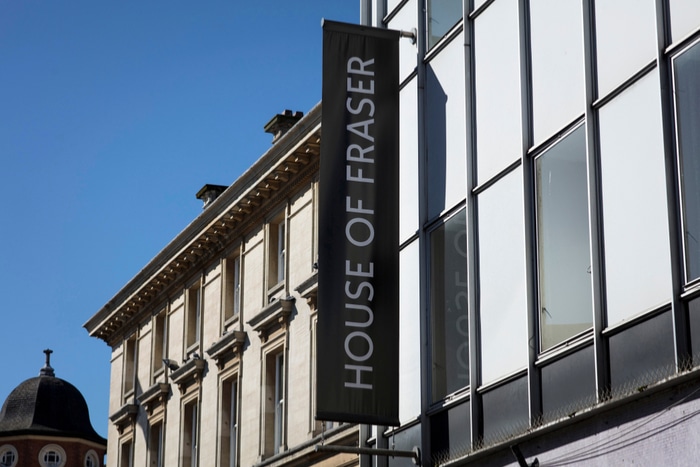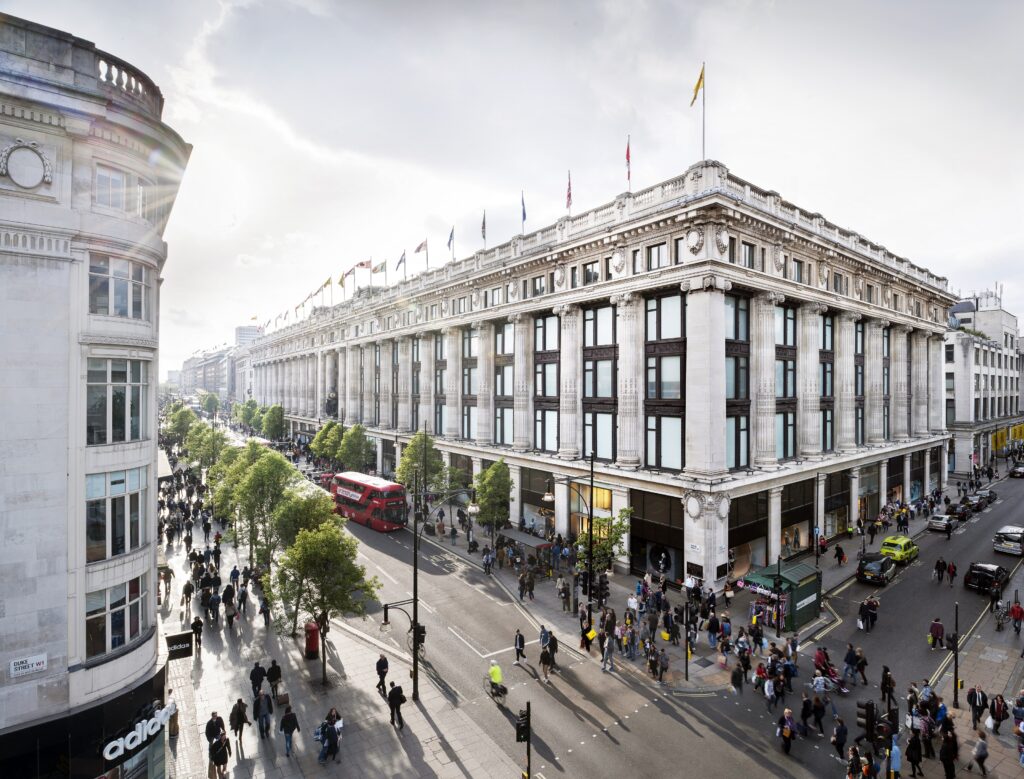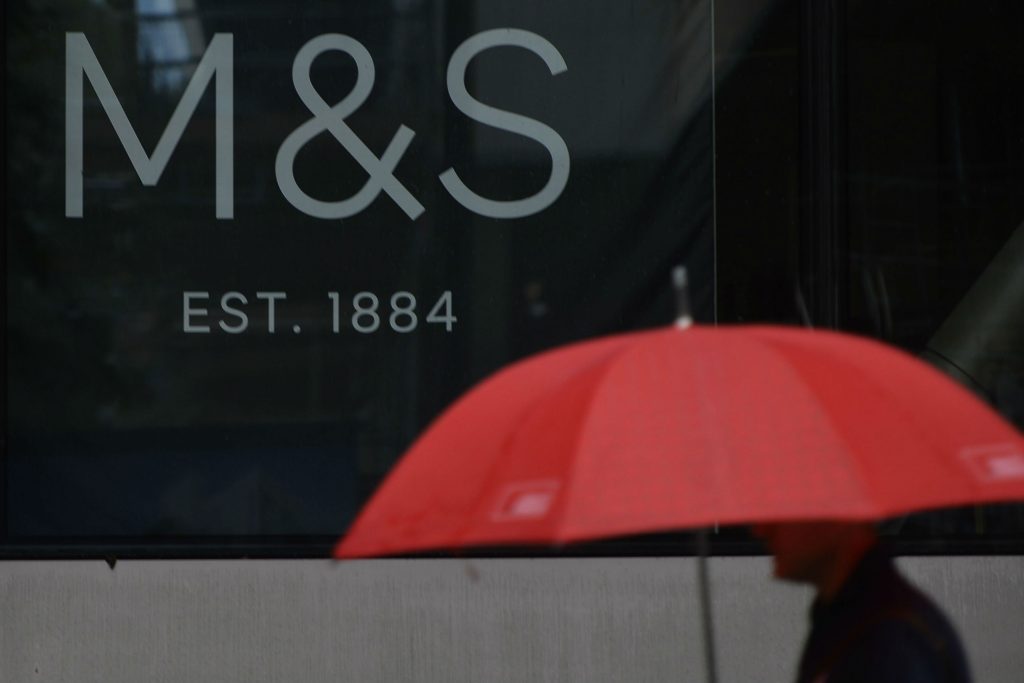Store closures are nothing new. Retailers have always been reshaping their store portfolios in response to consumer change and competition. But, what we are seeing in 2018 is the speeding up of that change and the very public reporting of such events due to the 24-hour news cycle.
The House of Fraser case brings into sharp relief a number of pressing issues for a variety of stakeholders.
READ MORE:
Retailers
For retailers, House of Fraser’s shop closure announcement is a very public way of demonstrating how the move to online, the inequities of business rates and rising wage costs are making it increasingly difficult to operate the large store networks of the past. These vast property portfolios gave access to a broad customer base, but these markets can now be accessed by the internet.
So we ask, what does Skipton – a small Yorkshire market town – have in common with London’s Oxford Street from a location strategy point of view? Nothing, other than both could see House of Fraser stores close.
Major clothing and department store retailers need to be in the biggest centres, but also in the best position. Investing in locations that don’t meet these criteria is akin to potentially putting make-up on a corpse. House of Fraser has stated that its strategy is to make the business viable – but this begs the question that if the company voluntary arrangement (CVA) does not come off, will House of Fraser cease trading?
Property
For property owners, the iniquitous use of CVAs looks like a way of retailers wriggling out of their property commitments. Those property owners with just one House of Fraser store in their portfolio are potentially in a tight spot when it comes to voting for the CVA or not. Surrey Heath Council, for instance, may be ruing the day in 2016 that it acquired the £17.6 million House of Fraser freehold in Camberley from M&G, as it has now identified that store for closure.
“If the company voluntary arrangement (CVA) does not come off, will House of Fraser cease trading?”
But even larger property owners with vast experience of the retail rental market could also feel the pain. British Land own the Plymouth store, which is slated for closure, but this is countered by the to-be-retained Meadowhall site.
Investors
For investors, the days of retail property being a sure-fire investment appears to be over. All cards are in the retailers’ hands now. But investors in retail companies will also be mindful of the property strategies being employed.
The days of “sinking capital” and owning freehold seem to be well behind us, and the sale and leasebacks are all but done. When Next announced in 2013 that it had been moving to shorter leases, it reported that 50 per cent of those leases would expire between 2013 and 2020, and 80 per cent by 2023, it was evidence that part of Next’s success was down to its locational and property flexibility.
What can we learn from the case of House of Fraser?
Whilst department stores have long been likened to dinosaurs, then perhaps we are seeing the death throes of the format, particularly in its physical form. There will certainly be fewer department stores. Even John Lewis has stated it does not see itself having more than 60 stores. The difference is that John Lewis has been more careful in its choice of locations, whilst House of Fraser grapples with a rather jumbled property legacy.
If House of Fraser’s CVA comes off, retailers such as Next, which has been proactive in managing its property portfolios, will no doubt be less than happy that the prudence it has shown can be negated by gun-to-the-head CVA tactics being increasingly used by retailers in distress.
John Pal is a retail expert at Alliance Manchester Business School, part of the University of Manchester
Click here to sign up to Retail Gazette‘s free daily email newsletter


















